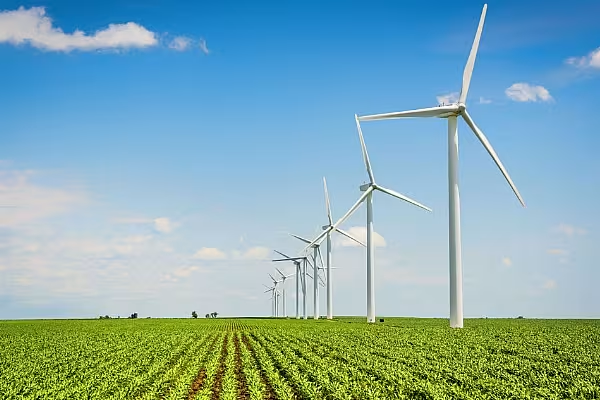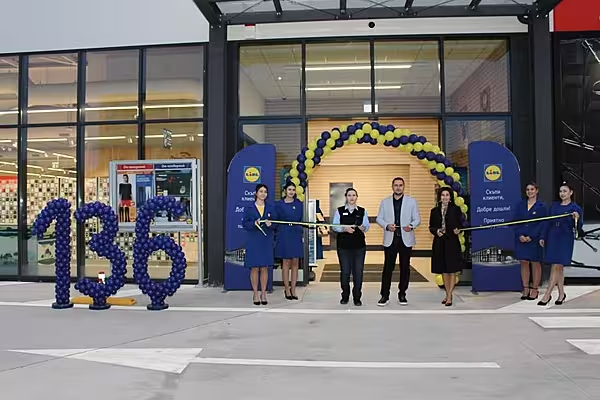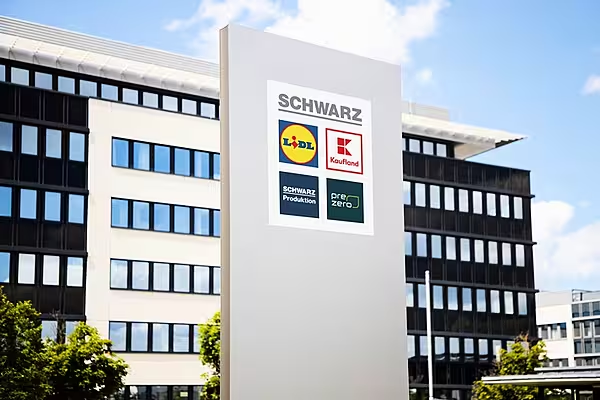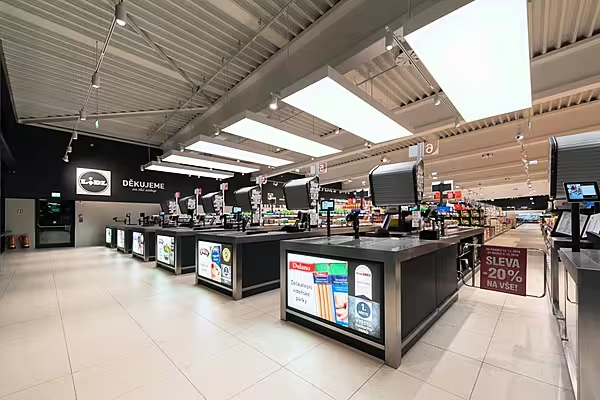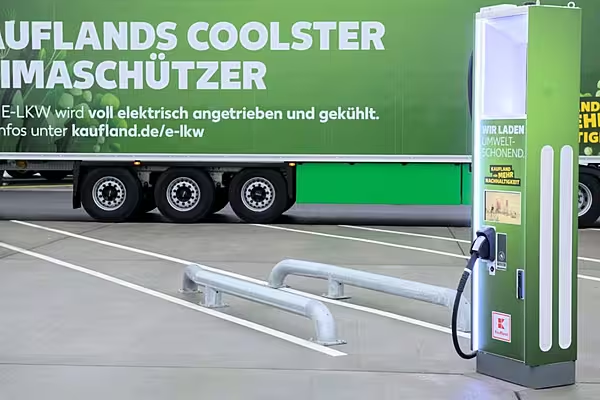Lidl GB has pledged to achieve carbon neutrality by 2022 as part of wider commitments made by its parent company, Schwarz Group.
By 2030, the discounter aims to reduce its operational emissions by 80% (compared to 2019) across all countries where it operates.
The discounter aims to reduce CO2 emissions from its operations (Scope 1 & 2), aligned to limit global warming to 1.5 degrees.
'A Crucial Year'
Christian Härtnagel, CEO of Lidl GB, said, "With the UK hosting COP26 in November, this is a crucial year in the fight against climate change, and we recognise our responsibility to reduce our emissions to help tackle this important issue.
"As a discounter, it is ingrained in us to be constantly looking to maximise efficiency and reduce waste. Whether it's how we heat and light our stores, or how we transport food from our suppliers to our warehouses, we are continuing to find ways to cut emissions across our business."
Emission Reduction Measures
Lidl will implement measures to cut carbon emissions across its stores and distribution centres, including the installation of solar panels on all new stores, where permissable, and continued investment in the latest refrigeration and lighting technologies to improve overall energy efficiency.
The discounter will also operate approximately 350 electric vehicle charging points at its stores by 2022, after it opened its 100th EV charging point earlier this year as part of its commitment to support customers' journeys to lower their carbon impact.
To tackle scope 3, which represents over 98 % of all emissions, Lidl will oblige suppliers, representing 75% of product-related scope 3 emissions, to commit to their own climate protection targets according to the methodology of the Science Based Targets initiative by 2026.
Supplier Engagement And Learning Programme
Lidl GB will deliver this target through a comprehensive supplier engagement and learning programme across the group.
It will include supporting farmers on Lidl GB's Grassroots programme to measure the carbon footprints of their businesses and develop carbon reduction plans.
The initiative builds on Lidl's existing partnerships with suppliers to boost sustainability, such as its collaboration with Wyke Farms to produce carbon-neutral cheddar.
Lidl also plans to ban peat from its compost range from 2022, two years ahead of the UK government's recently announced target, in efforts to support peatland restoration in the UK.
In June of this year, Lidl GB appealed to the people of the UK to help it find hundreds of new sites, so it can hit its target of 1,000 stores by the end of 2023.
